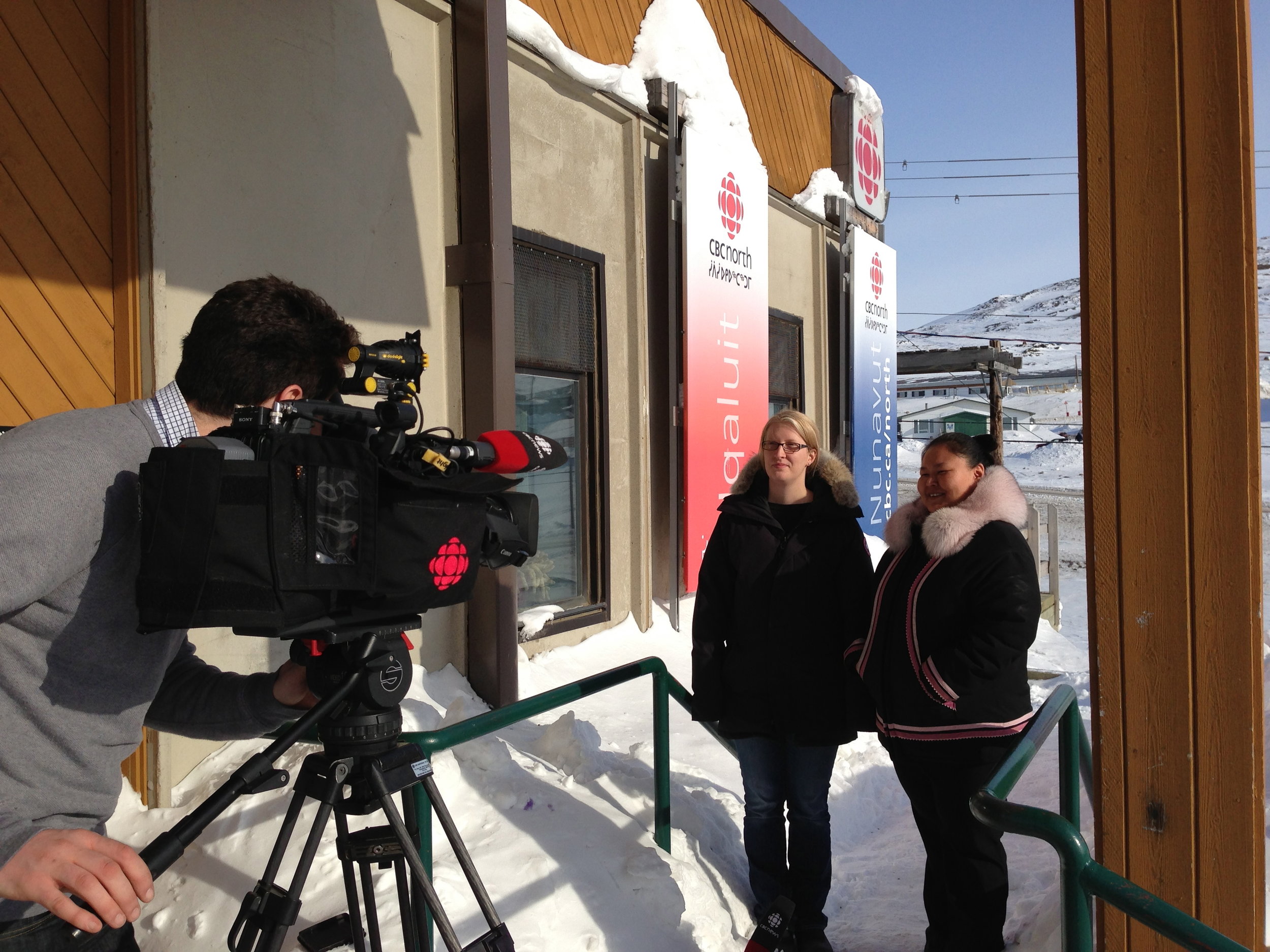by Mya Sherman
 I was awakened at 4:30am to the Shipibo radio program blaring next to my mosquito net. This had become a daily occurrence during my time in the Amazonian community of Panaillo, and I would normally fall back asleep until the sunrise at 6am, but this day was different. My host family was already busy preparing for our trip to the playa, so I braved the early-morning mosquitos to help them load up the boat. I had been telling community members all week that I was going to help plant watermelon and chiclayo (black eyed peas) in the playa, which is the strip of beach where the majority of Panaillo agriculture is carried out. My enthusiasm for the trip was met with knowing looks and gentle chuckles. It felt like a rite of passage and was also an excellent opportunity to gain greater insight into the Panaillo food system for my Master’s thesis fieldwork.
I was awakened at 4:30am to the Shipibo radio program blaring next to my mosquito net. This had become a daily occurrence during my time in the Amazonian community of Panaillo, and I would normally fall back asleep until the sunrise at 6am, but this day was different. My host family was already busy preparing for our trip to the playa, so I braved the early-morning mosquitos to help them load up the boat. I had been telling community members all week that I was going to help plant watermelon and chiclayo (black eyed peas) in the playa, which is the strip of beach where the majority of Panaillo agriculture is carried out. My enthusiasm for the trip was met with knowing looks and gentle chuckles. It felt like a rite of passage and was also an excellent opportunity to gain greater insight into the Panaillo food system for my Master’s thesis fieldwork.
 We were soon weaving our way along the Panaillo River towards the playa. As my host dad indicated to me where the river level had been only one week earlier, I was struck by the shifting and variable nature of the landscape. Every year, Panaillo is flooded with over a meter of water and the entire area becomes one giant waterway. For three months, canoes replace walking, fish is the only source of fresh food, and houses endure winds that are strong enough to knock them over. By the time the river levels start to lower in April, most families have exhausted their food reserves. The short-cycle agriculture in the playa thus represents an important opportunity to generate additional sources of food and income.
We were soon weaving our way along the Panaillo River towards the playa. As my host dad indicated to me where the river level had been only one week earlier, I was struck by the shifting and variable nature of the landscape. Every year, Panaillo is flooded with over a meter of water and the entire area becomes one giant waterway. For three months, canoes replace walking, fish is the only source of fresh food, and houses endure winds that are strong enough to knock them over. By the time the river levels start to lower in April, most families have exhausted their food reserves. The short-cycle agriculture in the playa thus represents an important opportunity to generate additional sources of food and income.










